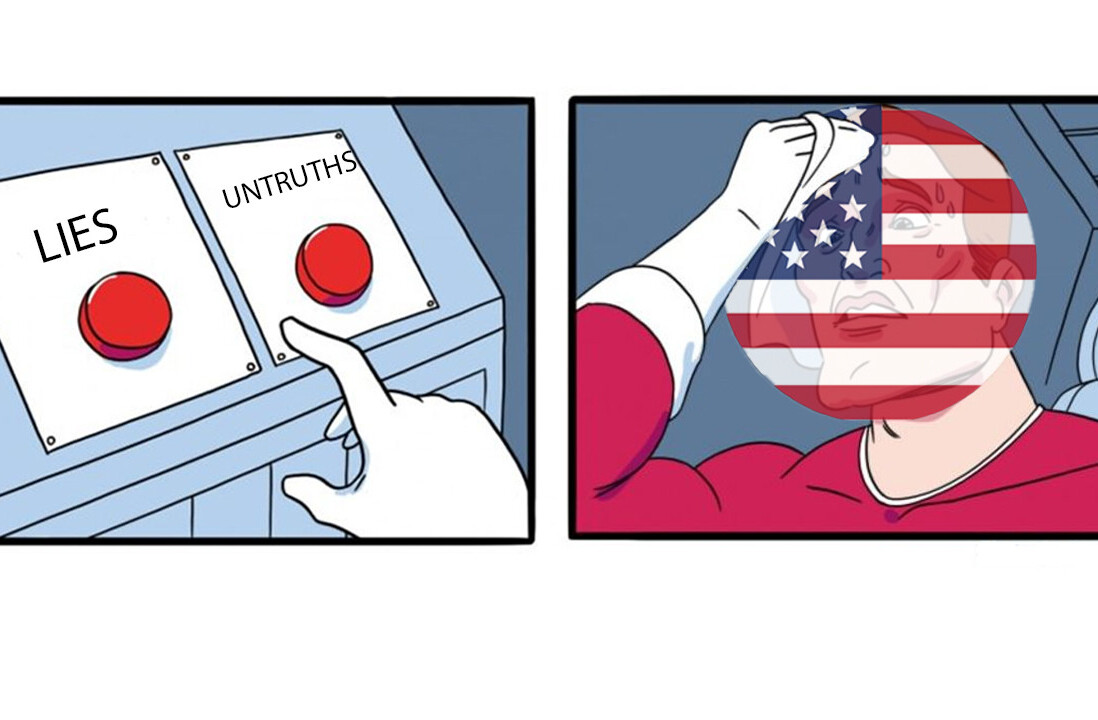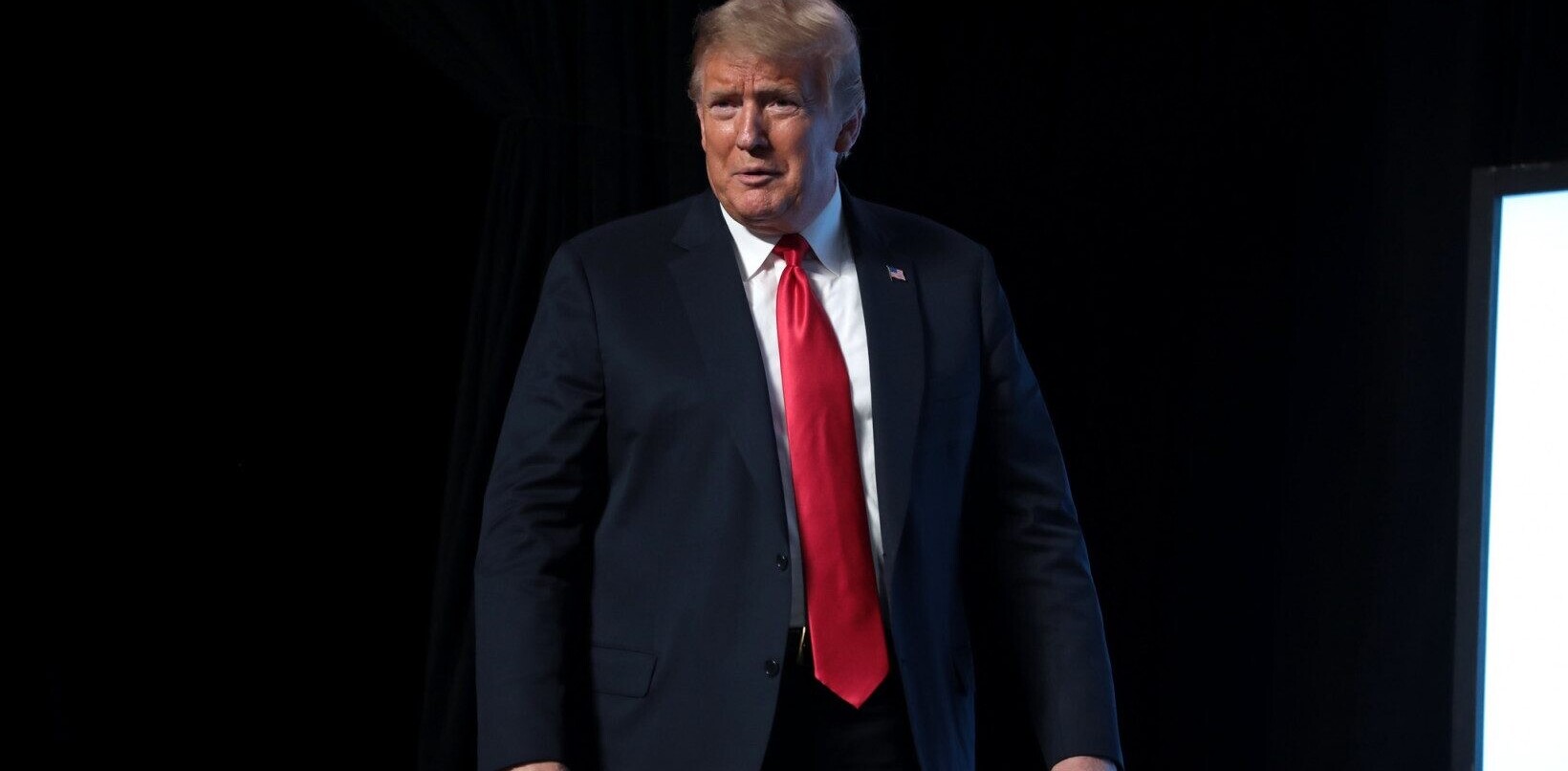
 China has continued its attack on Google and the US following yesterday’s sharply worded denial of involvement in the Google hacking attacks.
China has continued its attack on Google and the US following yesterday’s sharply worded denial of involvement in the Google hacking attacks.
A spokesman from China’s State Council of Information Office attacked Secretary of State Clinton’s statements on Chinese internet censorship. The statement, posted on China’s www.gov.cn site, stated that, “[China] bans using the Internet to subvert state power and wreck national unity, to incite ethnic hatred and division, to promote cults and to distribute content that is pornographic, salacious, violent or terrorist. China has an ample legal basis for punishing such harmful content, and there is no room for doubting this. This is completely different from so-called restriction of Internet freedom.”
Although it is interesting that China’s acknowledging censorship here, the truly interesting developments came in newspaper editorials published today.
The People’s Daily, the Chinese Communist Party’s official newspaper, blasted US criticisms as “hypocritical.” Noting the passage of the Child Online Protection Act, the article reports that “This ‘Internet freedom’ that is being promoted everywhere is nothing more than a foreign policy tool, a fantasy of freedom.” Amusingly enough, the act that the article cites was repeatedly struck down by the United States Supreme Court for unfairly restricting First Amendment rights to free speech.
In addition, the same editorial suggests that US military forces are using Twitter and Youtube to actively undermine the sovereignty of the Iranian government. The article also dismisses Clinton’s claims that the internet has been shut off in the Xinjiang Autonomous Region in China’s Far West.
The claim that the US military used Twitter and Youtube to foment revolution in Iran are as off-base as the free-speech claims. The US is culpable for the demonstrations only insofar as the dissidents used Twitter and Youtube to coordinate. If the US military really had such an insidious plot, they would have probably come up with a more efficient way to share information than services that get bogged down with videos of autotuned babies and tweets about #musicmonday.
Their last claim, that Secretary of State Clinton fabricated stories about internet shutoffs in Xinjiang Province, has been substantively proven false by a wide range of news services. An Associated Press wire story on the topic did the rounds on the web last week, and was confirmed as true by multiple bloggers.
As the rhetoric coming from the Chinese side of the debate gets progressively more heated, we’re left wondering about how this most recent development will affect Google’s plans in China. As China takes a progressively harder line against loosening censorship, it sets up a potentially explosive confrontation between the search engine giant and the censors. Will Google be able to negotiate a deal with the Chinese government? If not, will they knuckle under to China’s extreme pressure? Or will they leave China? The answers will become clear in the coming days.
Get the TNW newsletter
Get the most important tech news in your inbox each week.




